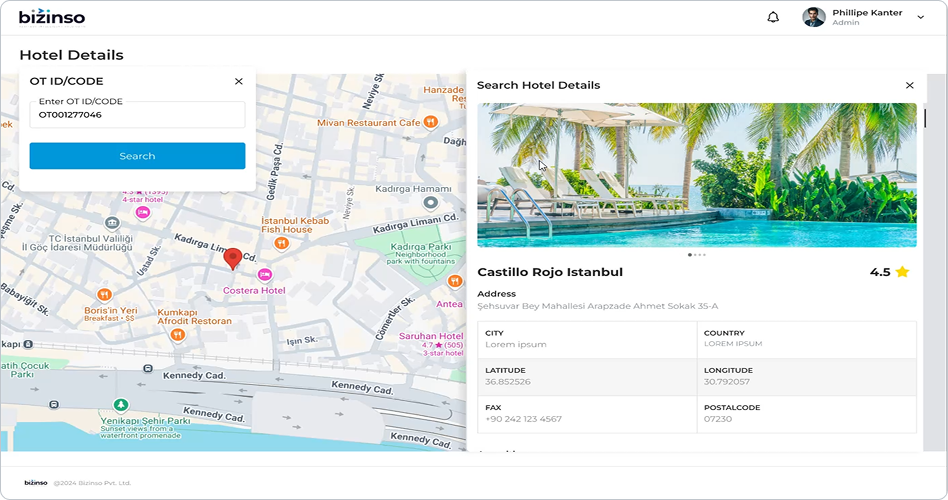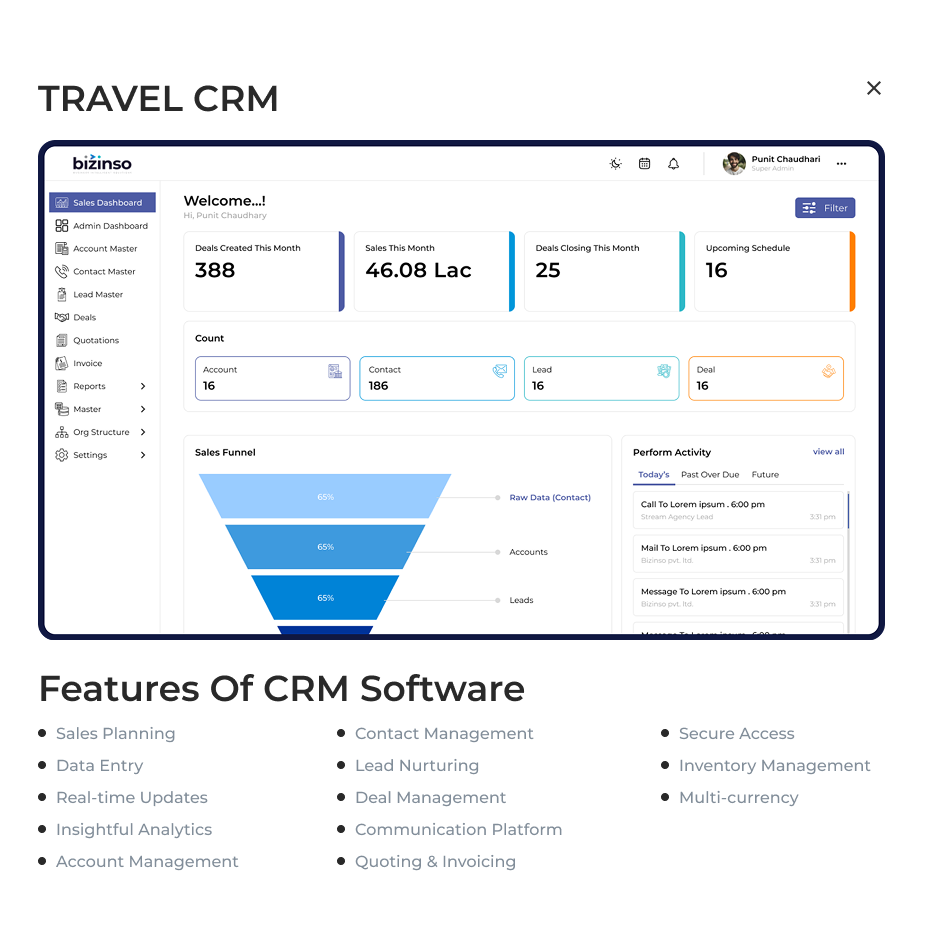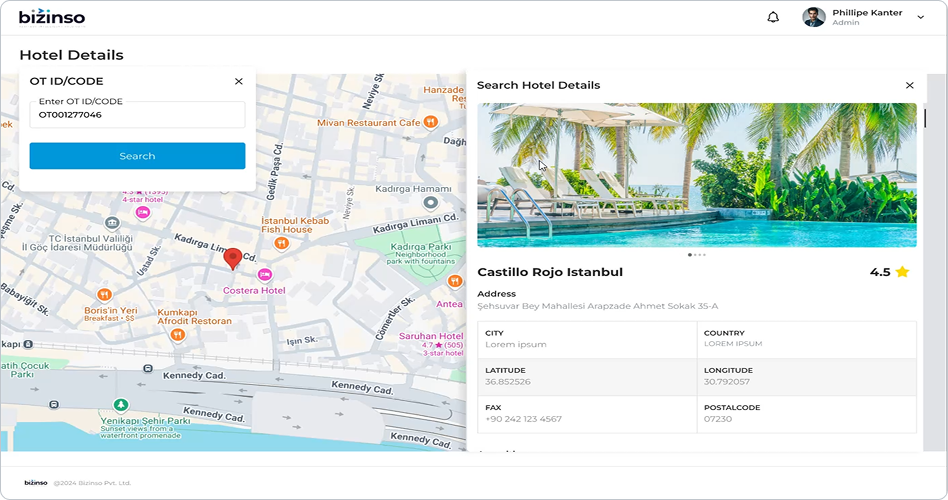
Implementing OKR i.e. Objectives and Key Results (OKRs) can be a powerful way for organisations to align their teams around common goals and achieve greater success. However, like any project, there are certain pain points that can arise during the process.
Based on industry insights, there are three key pain points that commonly occur during OKR projects:
- Lack of management commitment: The success of an OKR project relies heavily on leadership buy-in and commitment. Without top-down support, it can be challenging to get teams on board and motivated to adopt OKRs. It’s essential to involve and educate managers at all levels so they understand the value and importance of OKRs.
- Resistance to cultural change: Implementing OKRs often requires a shift in mindset and culture towards more bottom-up, transparency, and ambitious goals. This can be a challenging shift for organisations that are used to a more hierarchical approach. Communication and training on the benefits of OKRs are essential to overcome this resistance.
- Incompatible performance frameworks: Existing frameworks for managing performance or paying bonuses can be incompatible with OKRs. For example, if an organisation has a system that rewards individual performance rather than team performance, it can create tension when trying to implement OKRs that are designed to align teams. To avoid this, it’s important to have a clear plan for how OKRs will fit into existing frameworks or be modified to align with OKRs.
In addition, many organisations may need support in selecting and/or implementing OKR software tools. According to industry data, 24% of participating OKR experts provide this support to their clients. It’s important to select the right software tools that can effectively support the implementation of OKRs and ensure that they integrate well with existing systems and processes.
In conclusion, while implementing OKRs can be a game-changer for organisations, there are potential pain points that must be addressed. These include lack of management commitment, resistance to cultural change, incompatible performance frameworks, and the need for suitable OKR software tools. By being aware of these potential issues and addressing them proactively, organisations can successfully implement OKRs and achieve their goals. Technology solution providers like Bizinso can helps companies develop and implement OKR successfully.





